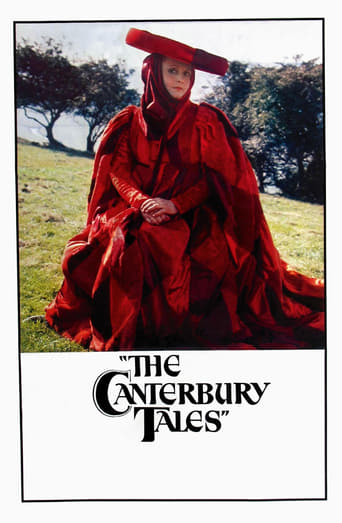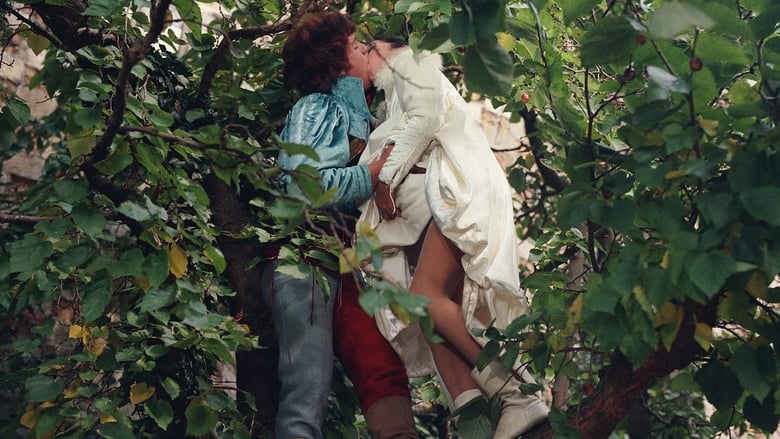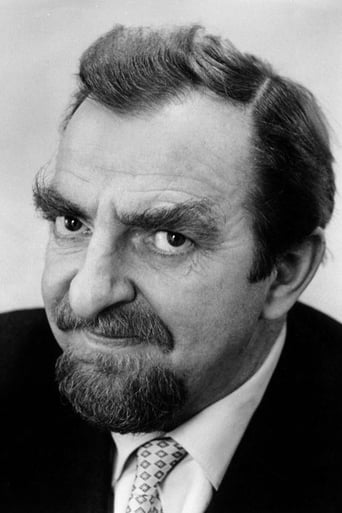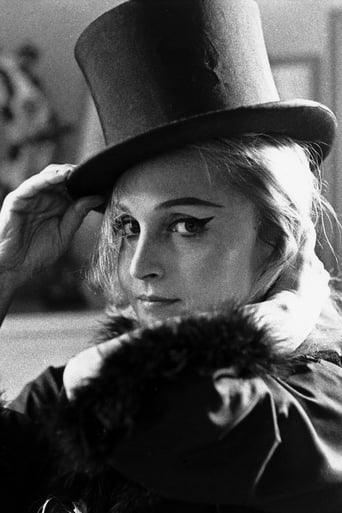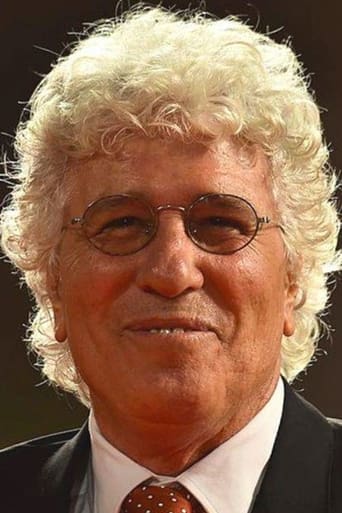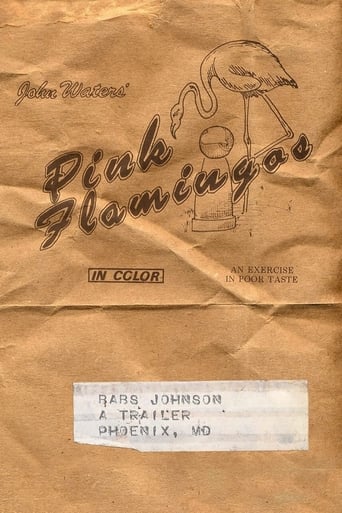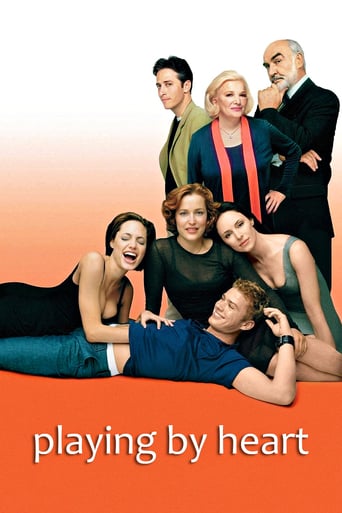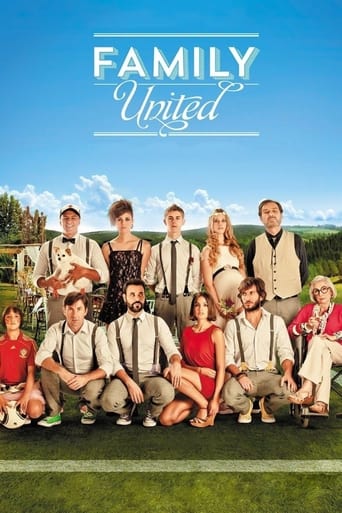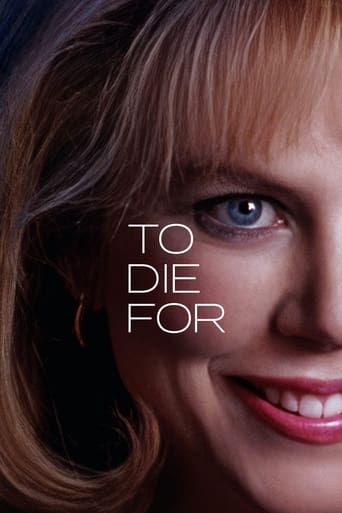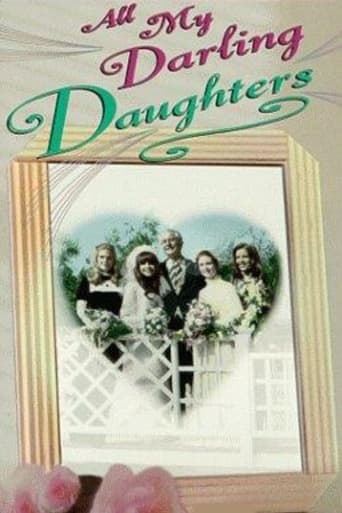The Canterbury Tales (1979)
Glimpses of Chaucer penning his famous work are sprinkled through this re-enactment of several of his stories.
Watch Trailer
Cast
Similar titles

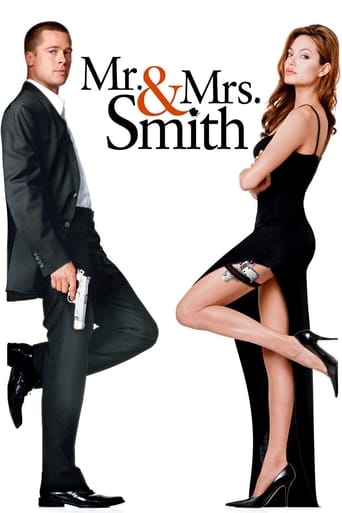

Reviews
I love this movie so much
Perfect cast and a good story
It is not deep, but it is fun to watch. It does have a bit more of an edge to it than other similar films.
The thing I enjoyed most about the film is the fact that it doesn't shy away from being a super-sized-cliche;
The last scene of Pasolini's wondrous Canterbury Tales emphasizes the narrative as an end in itself - "here end the Canterbury tales, told only for the pleasure of telling them" - and this reflects the film's sense of joyous tumble, one narrative often almost subliminally moving into another. But there's also something relentless about it, a feeling of people lacking in any real agency over themselves, as puppets of their own desires, as tools of those whose desires are stronger than their own, of the corrupt authorities, of the angels and devils which the film occasionally depicts as walking among the living. There's carnal overdrive and naturalistic nudity galore, and of course the film carries an erotic charge, but one that leads time and again to humiliation, misery, betrayal, pain, or death, and ultimately even beyond that, to one of the most tangible visions of hell ever put on film. The film is a triumph not so much of casting in the usual sense, but of human placement - an astonishing canvas of flesh and faces, suggesting people torn directly from the Medieval earth (the matchless English-language soundtrack, if you choose that option, adds considerably to this sense, when not evoking Monty Python, not that I'm saying that's a bad thing); and whether or not the various settings are historically accurate, they likewise feel discovered rather than created. At the same time, there's no doubt we're watching a work of extreme stylization, and not just in the episode that happily channels Charlie Chaplin; characters generally seem to be addressing the camera, or the void beyond it, more than each other. Which leads back to the movie's sense of desperation, that few of its possessed characters expects more from their compulsive screwing than the most fleeting of releases. The classification of the film as part of a "trilogy of life" seems, to say the least, ironic.
Pasolini follows up "The Decameron" with this adaptation of several of Chaucer's stories. Like the proceeding film, this is an extremely earthy and bawdy adaptation of the material, celebrating life's pleasures and castigating authoritarian hypocrisy. This film is mildly inferior to "The Decameron", although it's high points, including an extended homage to Chaplin and an amazing vision of hell, are higher.
Uneven, with some mildly interesting stories and some pointless ones.Based on Geoffrey Chaucer's The Canterbury Tales, Pier Paulo Pasolini's adaptation doesn't do the book much justice. Many of the stories are plain dull and pointless. Some are interesting, but then end anti-climatically. (This is worse, in a way, as you get your hopes up of a decent story, and then it doesn't really go anywhere). Quite similar to Pasolini's previous work, The Decameron, in many respects. Also doesn't have anything that ties the stories together (although The Decameron did at least have a summarising statement at the end, which was reasonably profound).Performances here are better than the The Decameron, though there are some absolute shockers again. The lead character in the Chaplinesque scene involving the egg salesman takes the cake in terms of hammy acting.
This, even though it lacks a bit the wit and spirit of IL DECAMERON, which was funnier, it still manages to satisfy as you reach the end. Pasolini's perverted humor as well as some of his usual actors are here. There's full nudity, both male and female. Maybe here the erotic element is more intense so its less humorous, I am not sure. I suppose it will satisfy those who like Pasolini's humour like, say, IL DECAMERON. The copy I saw had awful dubbing - Italian language- maybe it's bad sychronisation, or something else... As far as I am concerned it is worth it alone for this special, absurd, perverted, surrealistic last scene, taking place in hell. It rulez! Some others scenes are awesome too! And of course there'e Pasolini evident dislike of church/religious dogmas.If you're not easily offended and like old films, specially European ones, give it a try, IL DECAMERON as well.
